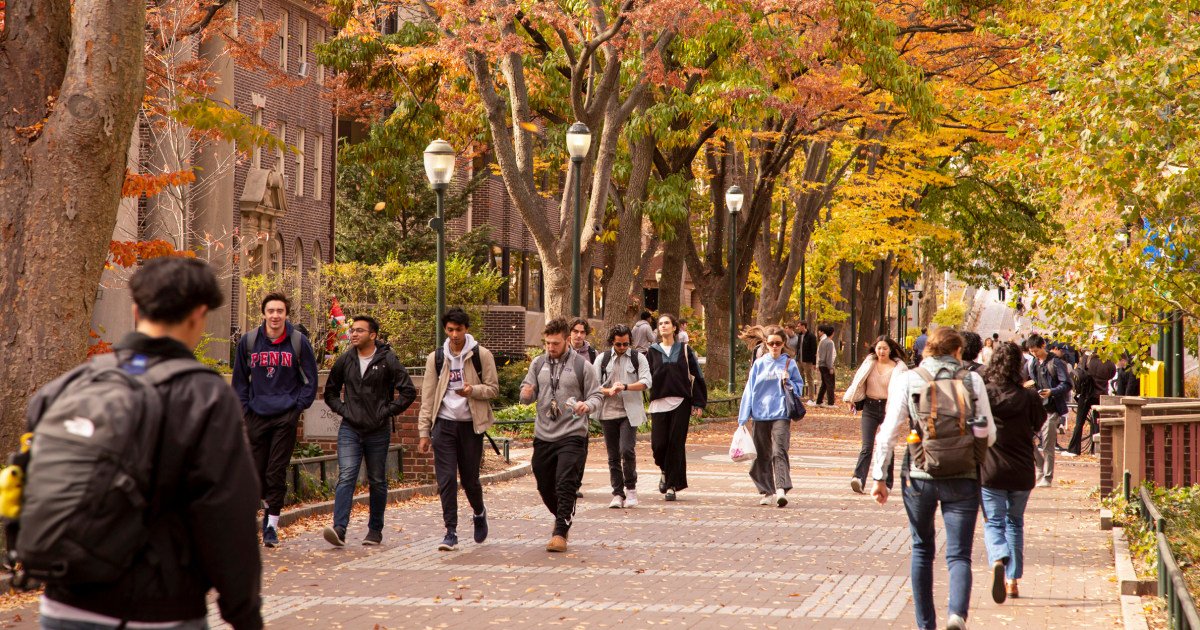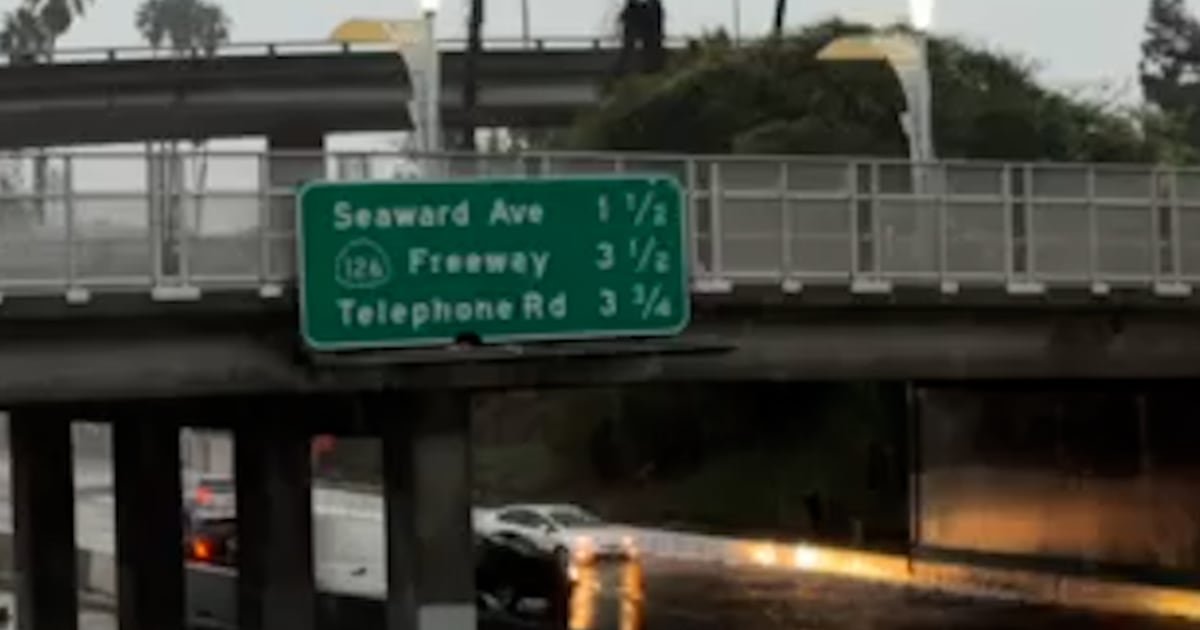International student enrollment rates at U.S. colleges and universities have fallen sharply this year, driven by visa application issues as prospective students get caught up in the Trump administration’s immigration crackdown.
Enrollment of new international students at U.S. institutions fell 17% in fall 2025, the largest non-pandemic decline in the past 11 years, according to new data released Monday by the Institute of International Education, a nonprofit that works to encourage study abroad. This figure, from a preliminary report covering a portion of institutions, comes on the heels of a 7% drop in new international enrollees in the 2024-25 academic year.
More than half of the 825 U.S. higher education institutions surveyed in the fall 2025 outlook reported a decline in new international enrollments, according to IIE’s Open Doors report.
“The United States is no longer the central place that students aspire to come,” said Fanta Aw, executive director of NAFSA: Association of International Educators, a nonprofit group. Aw attributed the decline to difficulties obtaining a U.S. visa and said the problems have made the United States “less competitive” on the global stage.
According to the IIE report, 96% of higher education institutions cited visa application concerns as a barrier to enrollment.
Visa problems preceded President Donald Trump, as Aw attributed part of the 7% drop in the 2024-25 academic year to high visa denial rates in places like India and sub-Saharan Africa. However, the Trump administration suspended new student visa interviews in May, leading to long delays in applications.
This decline in enrollment has profound economic consequences, and a NAFSA report, also released Monday, estimates a $1.1 billion loss to the U.S. economy due to fewer international students. According to NAFSA, international students contributed nearly $43 billion to the U.S. economy and generated more than 355,000 jobs in the 2024-25 academic year.
International students not only contribute through tuition fees, but also boost local economies by purchasing services and products, renting apartments, purchasing health insurance and attracting international visitors, Aw said. NAFSA estimates that for every three international students, one job is created or supported in the United States.









